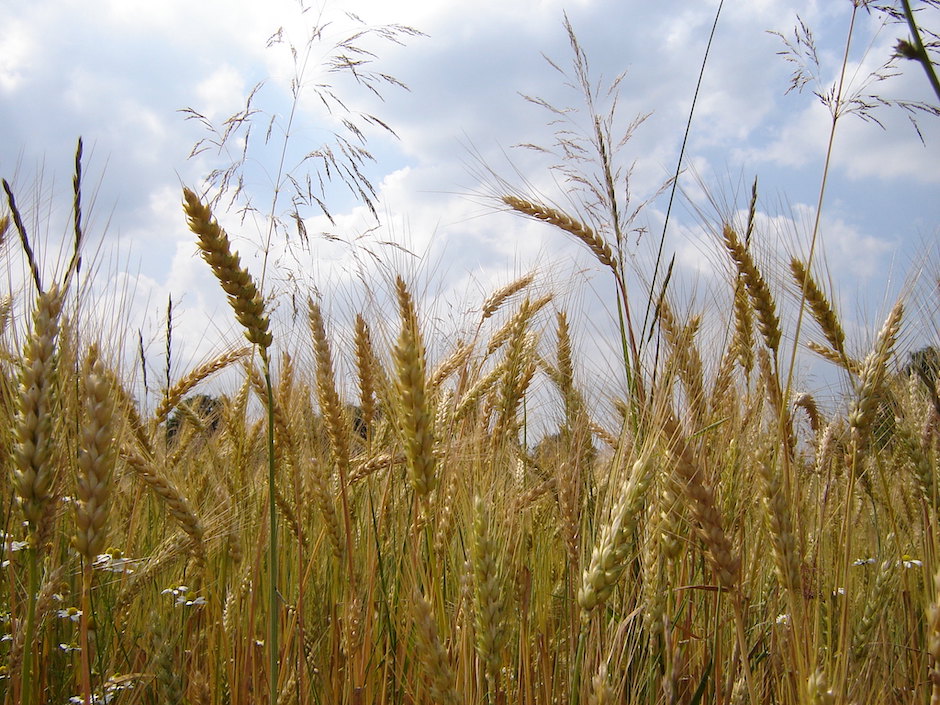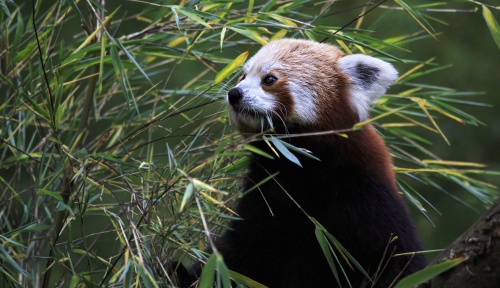19 Sep 2022
Agriculture covers one-third of Earth’s land surface and directly impacts human survival, climate and biodiversity. While agricultural production efficiency sometimes appears at odds with sustainability, science points to methods to achieve both.
One of these methods is agricultural diversification – an increase in biodiversity in croplands and beyond. Agricultural producers can add biodiversity through techniques like rotation and increasing types of plant species in an area.
“Multiple studies from around the globe indicate that agricultural diversification can both benefit ecosystems and provide food security,” says Dr Xueqing He of Xi’an Jiaotong-Liverpool University’s Department of Health and Environmental Sciences. She is first and a corresponding author of a recent study by researchers from XJTLU and Westlake University about integrating agricultural diversification into China’s policies.
 “Agricultural diversification has huge potential to improve sustainability even in intensive agricultural systems for food production and the environment,” says Dr Thomas Cherico Wanger, the other corresponding author and a principal investigator leading the Sustainable Agricultural Systems and Engineering Laboratory at Westlake University.
“Agricultural diversification has huge potential to improve sustainability even in intensive agricultural systems for food production and the environment,” says Dr Thomas Cherico Wanger, the other corresponding author and a principal investigator leading the Sustainable Agricultural Systems and Engineering Laboratory at Westlake University.
Despite agricultural diversification’s promise, broad policies to encourage the practice are lacking, the study notes.
The researchers studied China’s policies around agricultural diversification because of the country’s outsized potential to become a model for others. For example, China’s wheat, rice and potato crop production systems are the largest in the world.
The study indicates that a strengthened focus on agricultural diversification in Chinese policy would benefit China and the rest of the globe.
Through analysing the text of China’s primary agricultural policies from 2004—2022, the researchers found that agricultural diversification has thus far been a marginal topic.
Instead, to facilitate mechanisation and increase agricultural productivity, China has focused on consolidating small farms of varying shapes into larger, more uniformly shaped, conventional farms.
The research team’s study calls for integrating agricultural diversification into existing Chinese policies and considering supply-chain related innovations that will enhance sustainable agricultural production.
These policy additions would represent opportunities for China, the authors say.
“If China is willing to consider our recommendations in its future agricultural policies, the country’s efforts to enhance sustainable farming will likely set an example for transformation of global food systems transformation,” Dr Wanger says.
Outcomes from China’s Zhejiang province noted in the paper show how policies that include agricultural diversification can promote both sustainability and food security. The first and only province on the list of China’s National Agricultural Sustainable Development Experimental Demonstration Areas, Zhejiang has more than 30 policies on sustainable agriculture, with diversification practices in place for primary crop systems. As a result, use of chemical fertilisers and pesticides have decreased.
 “Integrating diversification into China’s major policies provides an important opportunity to showcase how research finds its way into application,” Dr He says.
“Integrating diversification into China’s major policies provides an important opportunity to showcase how research finds its way into application,” Dr He says.
“Of course, it is important to note that further discussions are needed, and local circumstances must be considered.”
Dr Yi Zou of XJTLU’s Department of Health and Environmental Sciences is also an author of the XJTLU study, Integrating agricultural diversification in China's major policies, which was recently published in the journal Trends in Ecology & Evolution.
About the researchers
Dr. Xueqing He (何雪清) is an ecologist at XJTLU and first author of the study. She has a broad interest in and experience with sustainable agriculture research based on agricultural diversification, biological control, agroecology, organic farming and life cycle assessment.
Dr Yi Zou (邹怡) is an ecologist and entomologist at XJTLU studying conservation biology, landscape ecology and ecosystem services in agricultural and forest ecosystems. His research interests also include how to effectively measure biodiversity at different dimensions by model simulation and empirical studies.
By Luyao Wang
Edited by Tamara Kaup
Photo by Thomas Wanger
19 Sep 2022
RELATED NEWS

Is organic farming always good for the environment?
Ensuring sufficient global food production and supply using sustainable methods is one of the most significant challenges we face this century. Organi...
Learn more

China’s wildlife food ban is vital for public health and threatened species – our research reveals what must happen next
World leaders are attending an online summit to discuss the future of life on Earth. With one million species threatened with extinction this century, th...
Learn more

Farm consolidation has negative effect on wild pollinators
A new study, by a team of researchers from Xi’an Jiaotong-Liverpool University and other universities in China as well as the UK and the Netherlands, has fou...
Learn more








